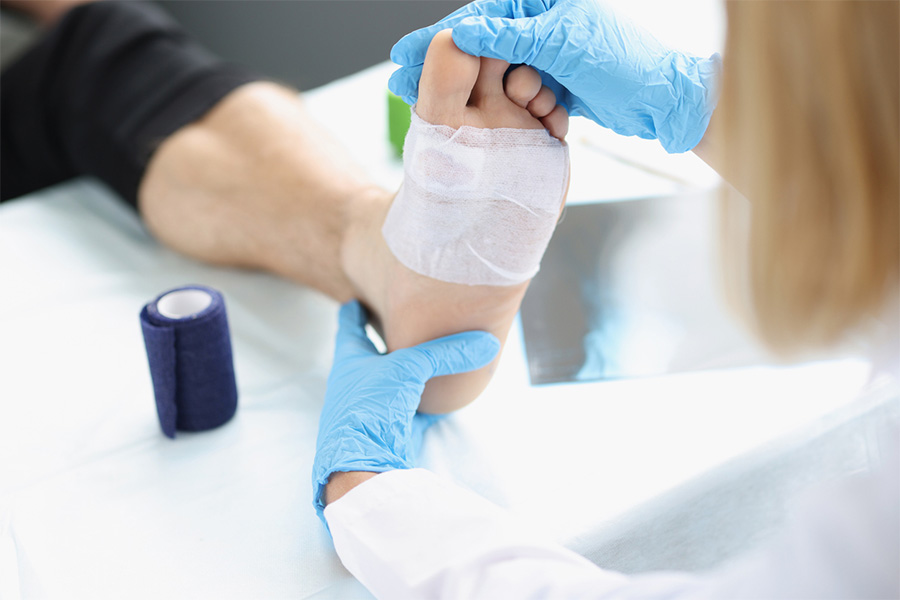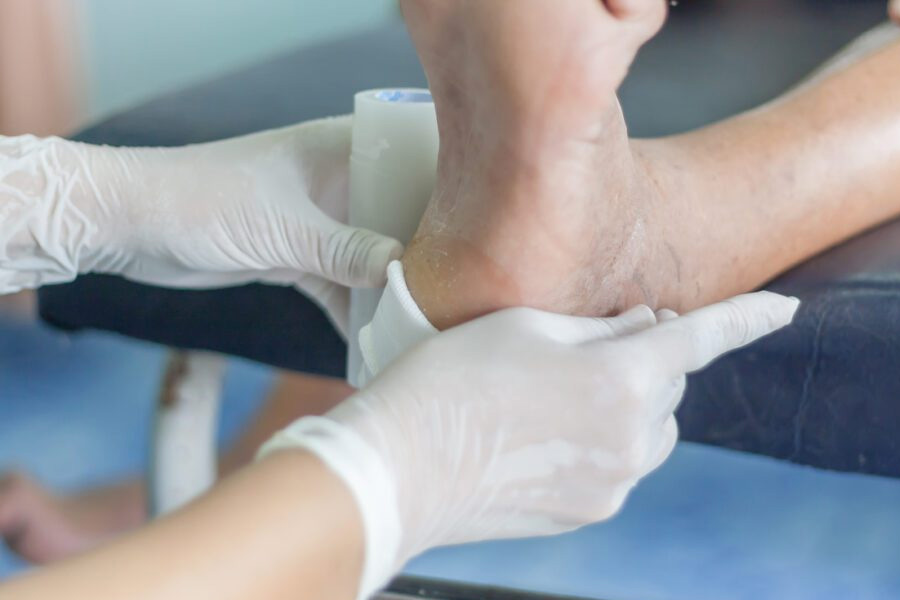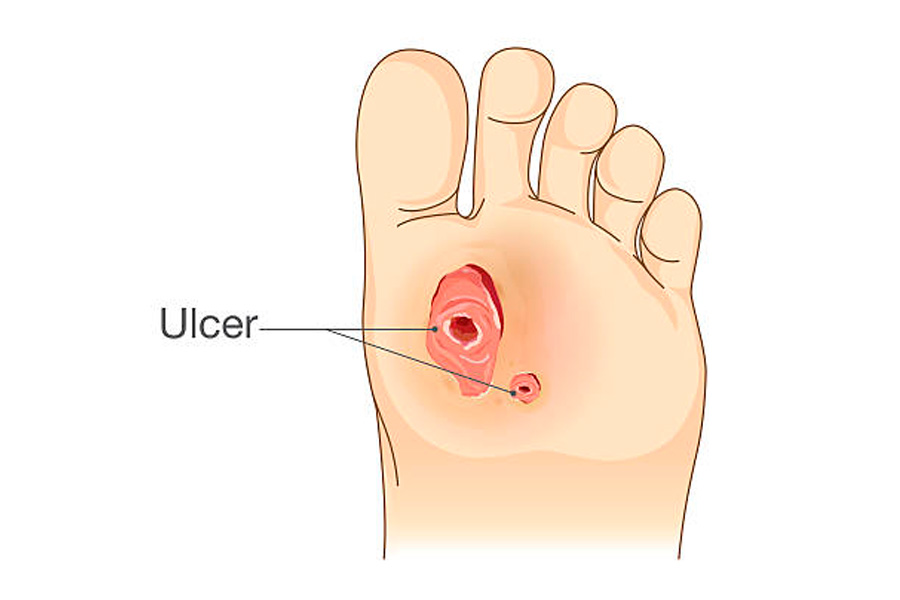Good, comfortable shoes are important for everybody. However, for some people, the quality of the shoes draws the line between saving their feet and losing them. For people with diabetes, poor footwear can cause serious problems, such as foot ulcers, infections, and poor blood circulation. It’s essential that diabetic people take measures to lower their risk of such issues — and wearing diabetic shoes is a great place to start.
What Are Diabetic Shoes?
As the name suggests, diabetic shoes are footwear designed to alleviate symptoms and prevent foot problems for people with diabetes—and even for those without. Diabetic shoes consist of special features and qualities, such as:
- Uppers that do not restrict the foot to ensure there’s no pressure
- Interior made of soft protective material
- Flat stitching to prevent irritation
- Bigger toe space to allow room for movement
- Added depth design for pressure-free fit and extra space for orthotics
- Stretchable uppers to fit the contours, relieving pressure points
- Lightweight soles with enough cushioning to facilitate mobility and stability
- Special orthotic insoles for arch support, good cushioning, and pressure reduction
Usually, wearing comfortable, well-fitted shoes is enough. However, if diabetic patients develop minor deformities or impaired circulation, diabetic shoes can become necessary to relieve pain and other symptoms.
What Are The Benefits Of Using Diabetic Shoes?
Because of their features and design, diabetic shoes offer many benefits to patients. In addition to pain relief and foot comfort, they are also effective for:
- Improving motion and stability
- Promoting proper circulation
- Preventing skin breakdown and calluses
- Reducing foot problems
The expense of diabetic shoes are often covered by Medicare under the Medicare Therapeutic Shoe Bill, and other insurance organizations.
What Are The Different Types Of Diabetic Shoes?
As mentioned previously, comfortable shoes are enough if your diabetes is under control, and there are no foot problems present. However, if you develop any foot problems or if you would like to ensure they never develop in the first place, there are three types of diabetic shoes you can get: in-depth, healing, and custom-made.
In-depth Shoes
In-depth shoes earned their name from being ¼ – ½ inches thicker than standard shoes. The additional space effectively relieves pressure on corns and calluses and accommodates custom-molded orthotics or inserts, if necessary.
Healing Shoes
If you’re recovering from surgery, foot ulcers, or infections, healing shoes are appropriate for you. While they come in open sandals and close-toed versions, open-toed shoes aren’t really recommended for people with diabetes. On the other hand, close-toed healing shoes can lower the risk of further foot complications.
Custom-made Shoes
Custom-made shoes are designed and constructed specifically using the mold of your foot. With 3D scanning technology, your podiatrist documents every curve, corn, and foot deformity, and then uses that information to create a pair of comfortable, custom-made diabetic shoes.
Where Can I Find The Best Diabetic Shoes?
Visit your primary healthcare physician or podiatrist to get your feet checked. Only they can offer recommendations for the right shoes suited to your needs. Several factors might affect this decision, such as gender and specific foot problem. You might need to consult with a specialist to get fitted.
After consultation, your physician can order the shoes for you or you may purchase them through a pharmacy, online store, or specialty store. Diabetic shoes come in many styles, colors, widths, and sizes, so there’s a wide selection to choose from. Even people without diabetes can get diabetic shoes since they’re comfortable, properly support feet, and are great for other foot problems, such as heel pain and flat feet.
If prescribed by your doctor, Medicare will typically cover the cost of your pair of diabetic shoes. However, it will require a face-to-face evaluation with your doctor, so make sure to check with your insurance provider to learn more about the specifics of your coverage.
Diabetic Shoes In Cincinnati, OH
Don’t let diabetes-related foot problems hold you back from living your best life. Diabetic shoes are effective in relieving foot pain and foot problems, even those that aren’t caused by diabetes. You deserve to be comfortable in your footwear — and diabetic shoes do just that.
Here at Cincinnati Foot & Ankle Care, our highly experienced and skilled podiatrists and staff can treat a wide range of conditions that affect patients with diabetes, including foot problems. If needed, we can get you fitted for diabetic shoes tailored to your needs.
To find out if you’re qualified for diabetic shoes, schedule a consultation by calling our clinic nearest to you or complete our online form to request an appointment.
We look forward to serving you!
Share

People with diabetes often experience difficulty healing wounds.




